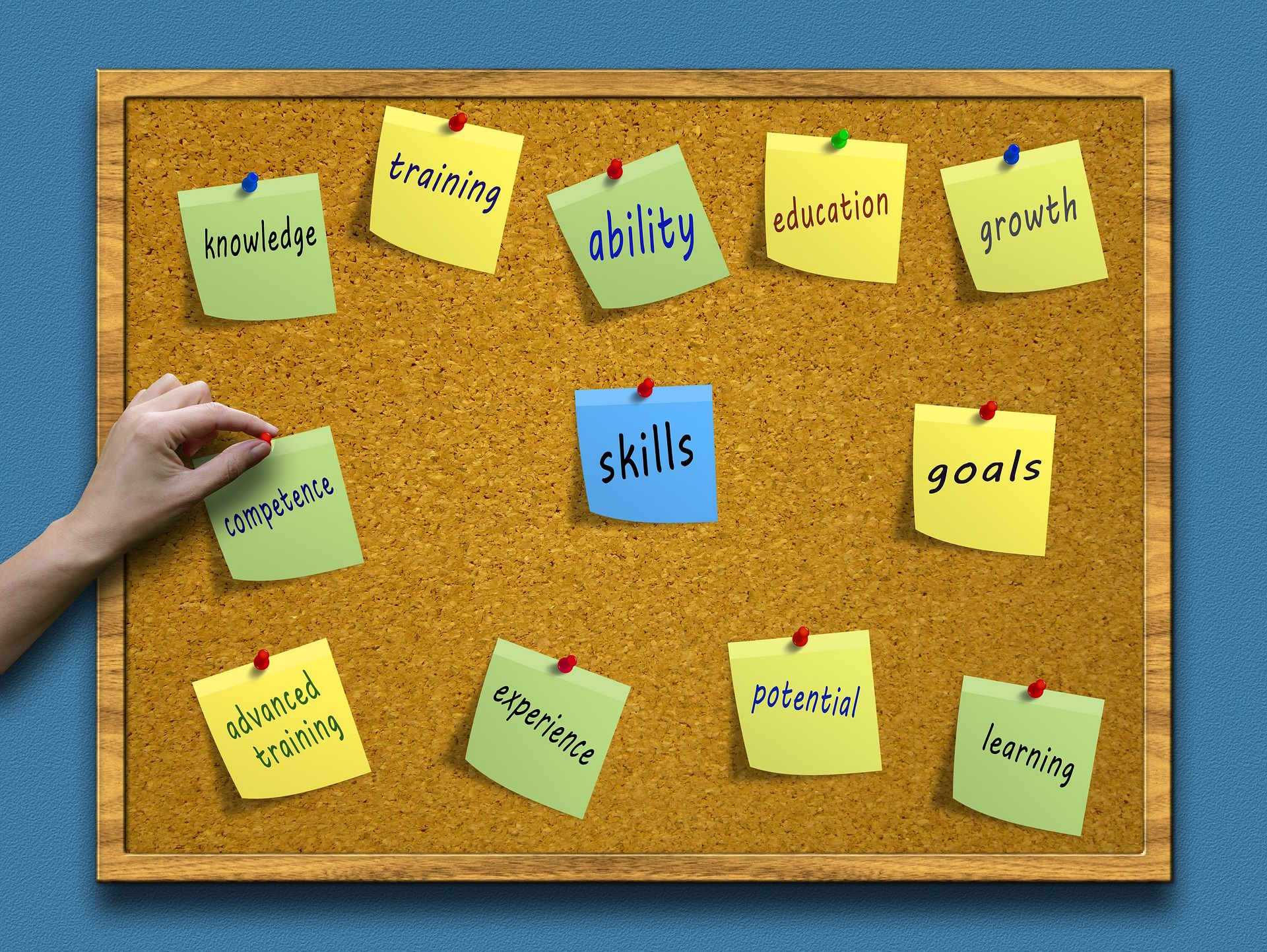Career Intelligence Gathering: Strategic Information for Professional Decisions
Making informed career decisions requires systematic intelligence gathering about industry trends, skill requirements, and professional opportunities. Career intelligence involves collecting, analyzing, and applying strategic information to navigate the evolving workforce landscape effectively. This comprehensive approach helps professionals identify growth opportunities, understand competency gaps, and develop targeted strategies for career advancement.

Understanding Workforce Intelligence and Market Analysis
Effective career intelligence begins with understanding workforce dynamics and market trends. Professionals must analyze industry reports, labor statistics, and employment forecasts to identify emerging opportunities and declining sectors. This intelligence gathering process involves monitoring job market fluctuations, skill demand patterns, and technological disruptions that reshape professional landscapes. By systematically collecting this information, individuals can anticipate changes and position themselves strategically within their chosen fields.
Skills Assessment and Development Planning
Comprehensive skills assessment forms the foundation of career intelligence gathering. Professionals should regularly evaluate their current competencies against market demands and identify areas requiring development. This process involves analyzing job descriptions, industry requirements, and performance metrics to understand skill gaps. Training opportunities, certification programs, and learning pathways must be researched thoroughly to ensure alignment with career objectives and market needs.
Professional Certification and Qualification Research
Certification and qualification research requires systematic investigation of industry standards and requirements. Different sectors demand specific credentials, and professionals must understand which certifications provide the greatest career advancement potential. This intelligence gathering involves researching accreditation bodies, certification costs, maintenance requirements, and employer recognition patterns. Understanding the qualification landscape helps professionals make informed decisions about their educational investments.
Talent Management and Performance Optimization
Career intelligence includes understanding organizational talent management practices and performance evaluation criteria. Professionals should research company cultures, advancement pathways, and performance metrics within their target organizations. This knowledge helps individuals align their capabilities with employer expectations and identify opportunities for professional growth. Understanding how organizations evaluate and develop talent provides strategic advantages in career planning.
Expertise Building and Specialization Strategies
Developing expertise requires strategic focus on specific knowledge areas and specialization opportunities. Career intelligence gathering involves researching niche markets, emerging technologies, and specialized skill requirements. This process helps professionals identify areas where they can develop mastery and become recognized experts. Understanding specialization trends and market demand enables strategic positioning for long-term career success.
Knowledge Management and Continuous Learning
Effective career intelligence emphasizes continuous learning and knowledge management practices. Professionals must establish systems for staying current with industry developments, best practices, and emerging trends. This involves subscribing to relevant publications, attending professional conferences, and participating in industry networks. Creating personal knowledge management systems ensures that gathered intelligence translates into actionable career strategies and informed professional decisions.
Capability Assessment and Growth Planning
Career intelligence gathering concludes with comprehensive capability assessment and strategic growth planning. Professionals should synthesize collected information to create actionable career development plans that align with market opportunities and personal objectives. This process involves setting measurable goals, identifying required resources, and establishing timelines for skill development and career advancement. Regular review and adjustment of these plans ensures continued relevance and effectiveness in achieving professional objectives.




